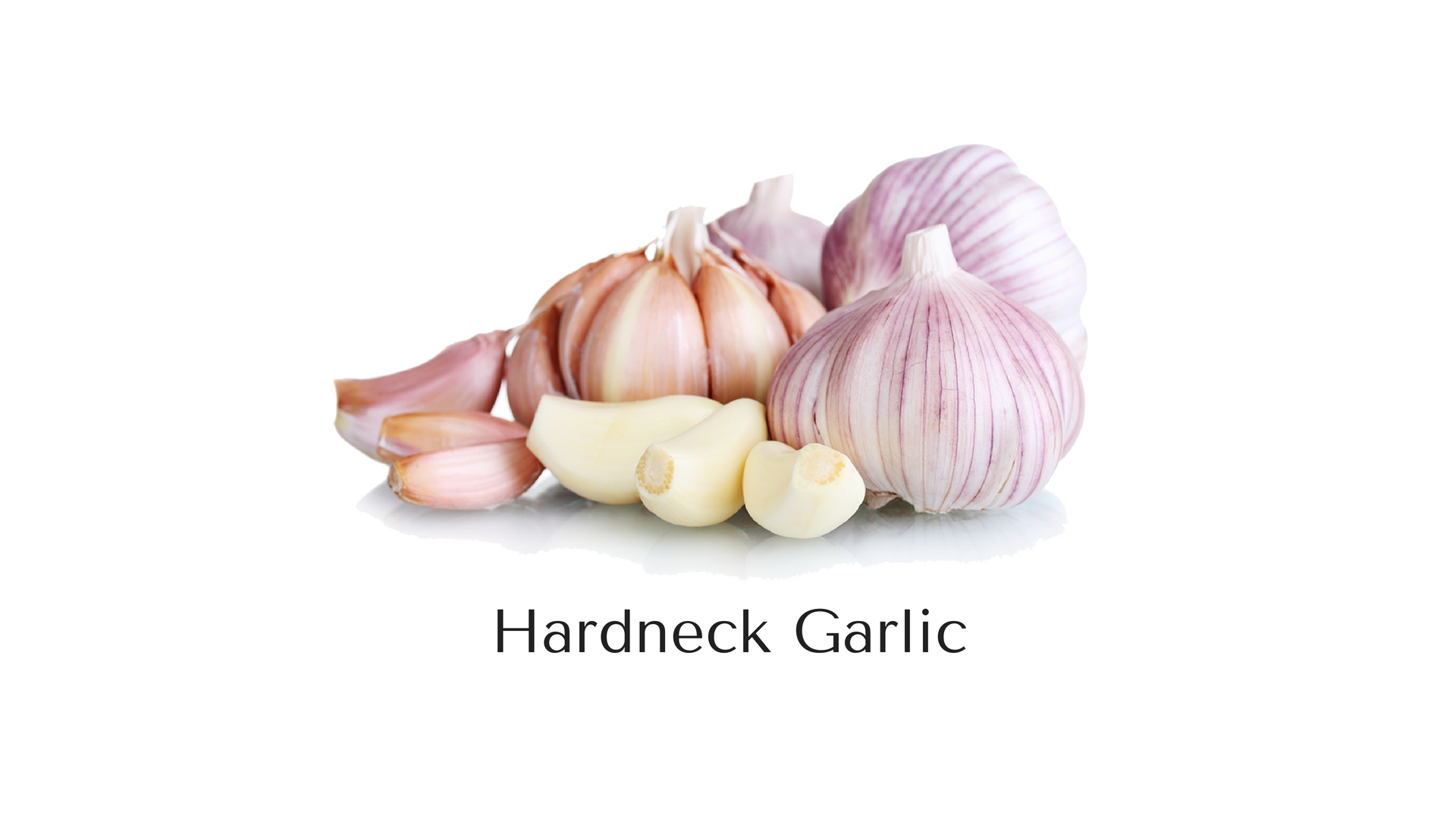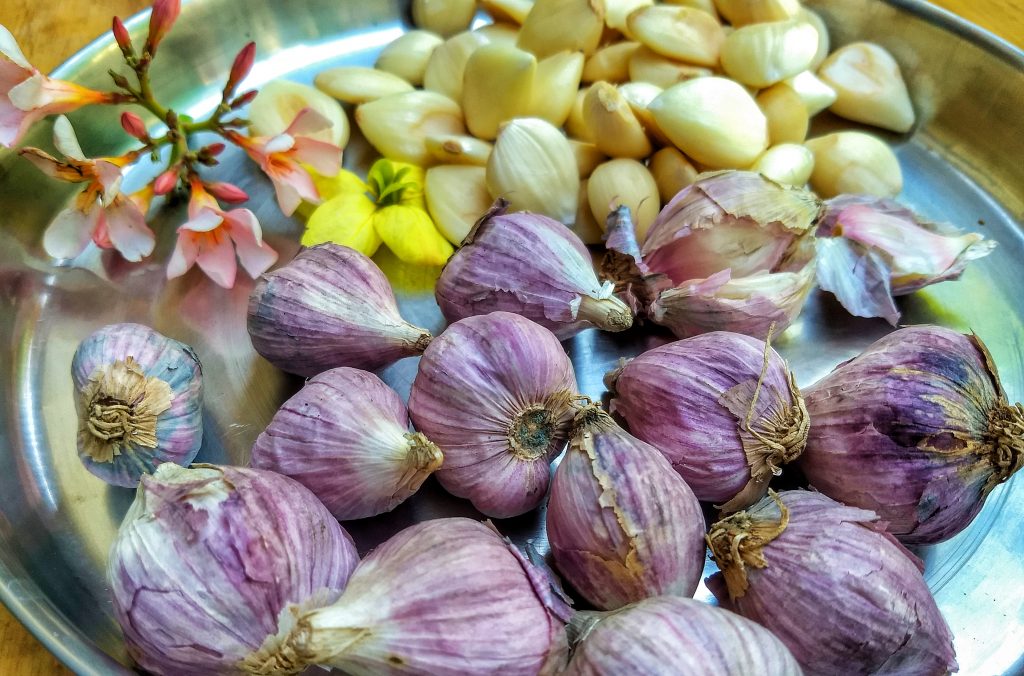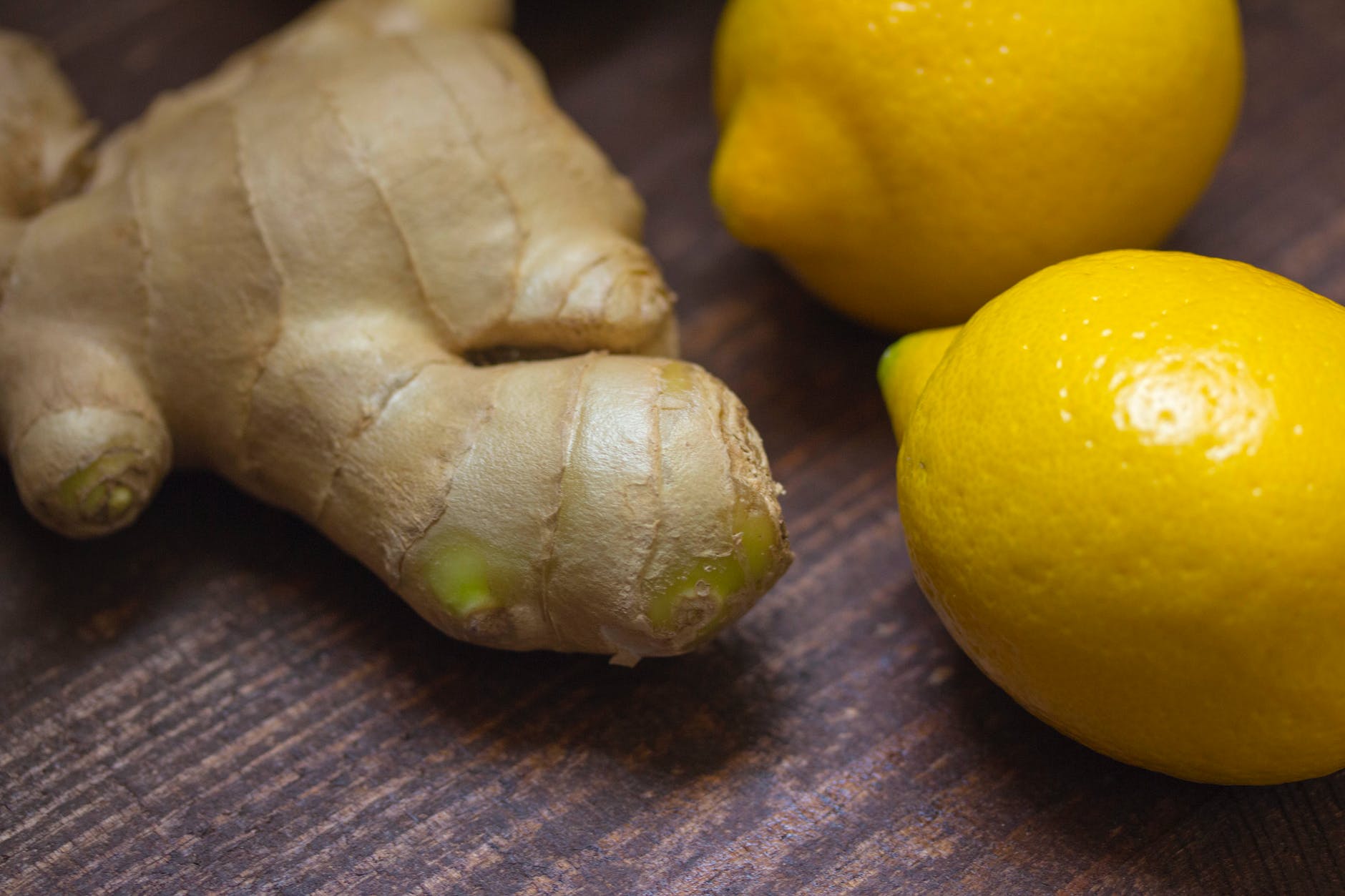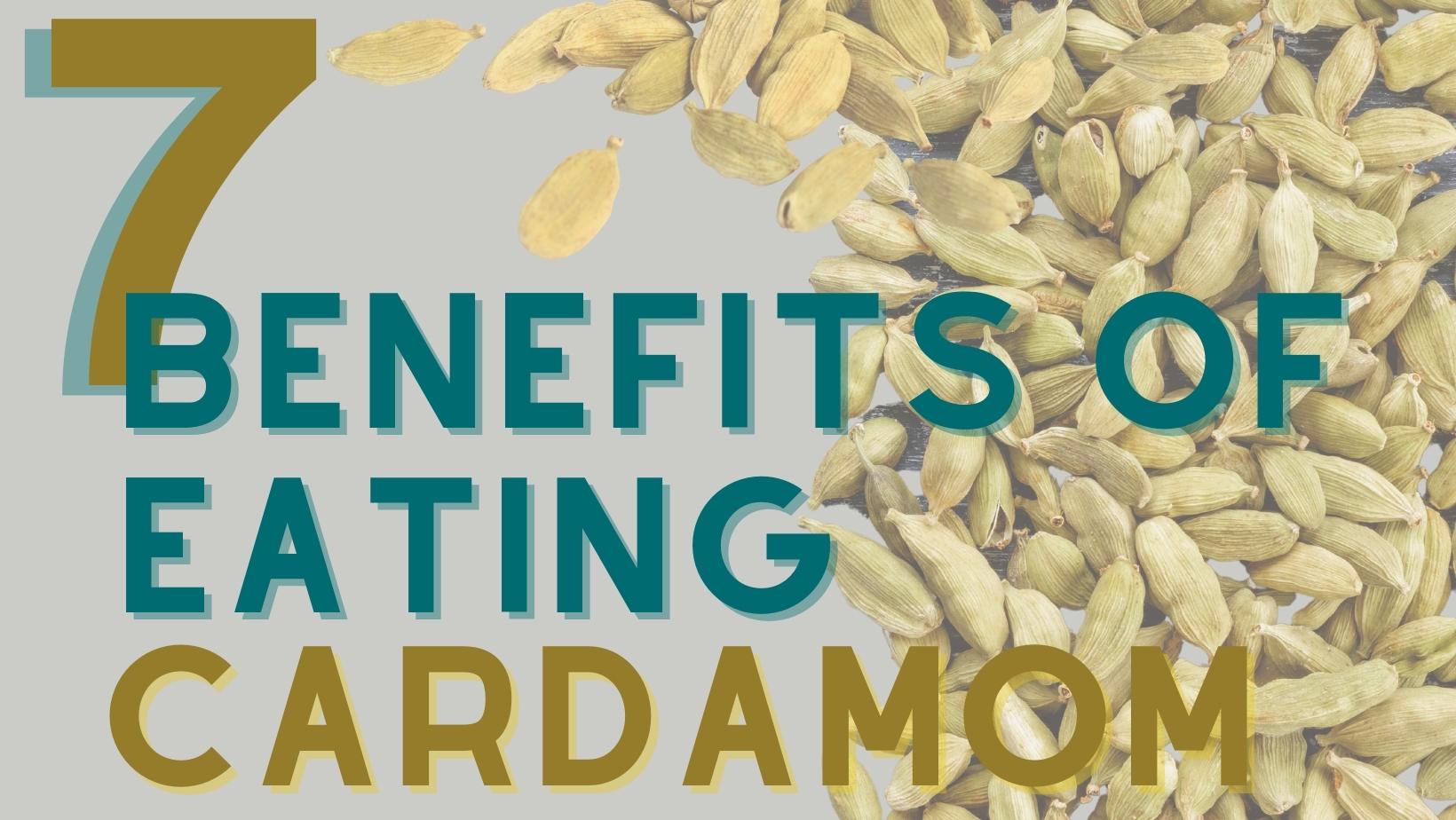
Cardamom, often referred to as the “queen of spices,” is a highly aromatic spice that is commonly used in Indian cuisine. But beyond its culinary uses, cardamom is also known for its numerous health benefits. From aiding digestion to lowering blood pressure, the benefits of eating cardamom daily are vast and scientifically backed.
🌱 What is Cardamom? 🌱
Cardamom is a spice that originates from India and is often used in South Asian cuisine. It is known for its distinct flavor and aroma, which is often described as sweet, spicy, and slightly floral. Cardamom comes in two main types: green cardamom and black cardamom, both of which have unique flavors and health benefits.

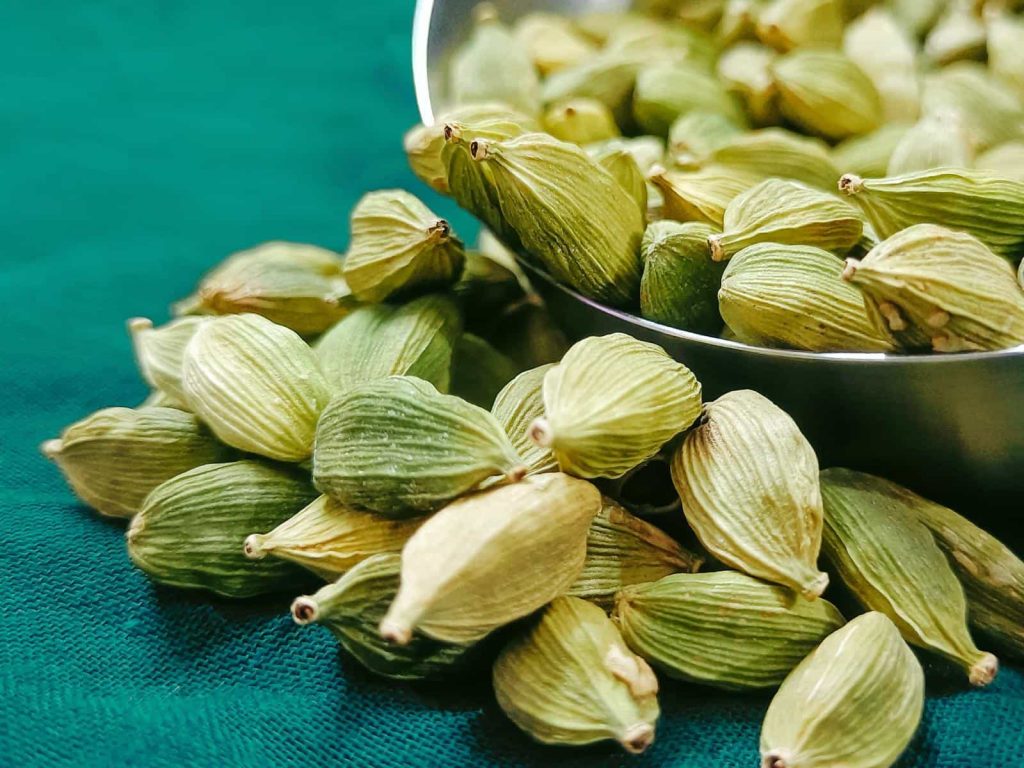
🍃 Health Benefits of Eating Cardamom Daily 🍃
1. 🌟 Antioxidant and Diuretic Properties 🌟
One of the most significant benefits of cardamom is its antioxidant properties. Antioxidants are compounds that fight off free radicals, unstable molecules that can damage your cells and contribute to aging and diseases like cancer. Cardamom is rich in compounds that can act as antioxidants, including phenolic compounds and flavonoids.
Moreover, cardamom has diuretic properties, which means it can promote urination. This can be beneficial for people with high blood pressure, as increased urination can help lower blood pressure. In one study, researchers found that participants who took 3 grams of cardamom powder daily for several weeks saw significant reductions in their blood pressure levels.
2. 🦠 Antimicrobial Abilities 🦠
Cardamom also has impressive antimicrobial abilities. The oil from cardamom seeds may be able to kill a variety of bacteria and fungi. This can be particularly beneficial for preventing infections and maintaining overall health.
3. 🍽 Digestive Health 🍽
Cardamom is often used in traditional medicine to aid digestion. It is believed to help with common digestive problems like bloating, gas, and heartburn. Additionally, cardamom may help protect against stomach ulcers, a common digestive issue that can cause symptoms like stomach pain, nausea, and heartburn.
4. 🩸 Blood Sugar Control 🩸
Some research suggests that cardamom may help lower blood sugar levels. This could be particularly beneficial for people with diabetes or those at risk of developing the condition. However, more research is needed to fully understand the potential blood sugar-lowering effects of cardamom.
5. 😁 Improved Oral Health 😁
Cardamom is often used as a natural remedy for bad breath and to improve oral health. The antimicrobial properties of cardamom can help kill bacteria in the mouth that can cause bad breath, cavities, and other oral health issues.
🌿 Health Benefits of Cardamom in Ayurveda 🌿
In Ayurveda, cardamom is considered a very beneficial spice. It is believed to have warming properties and is often used to balance the three doshas (Vata, Pitta, and Kapha). Here are some of the ways cardamom is used in Ayurveda:
- Digestive Health: Just like in modern medicine, cardamom is used in Ayurveda to aid digestion. It is believed to stimulate the digestive system and reduce bloating and gas.
- Respiratory Health: Cardamom is often used in Ayurveda to treat respiratory conditions. It is believed to help with conditions like asthma and bronchitis.
- Detoxification: In Ayurveda, cardamom is often used in detoxification processes. It is believed to cleanse the body and eliminate waste through the urinary tract.
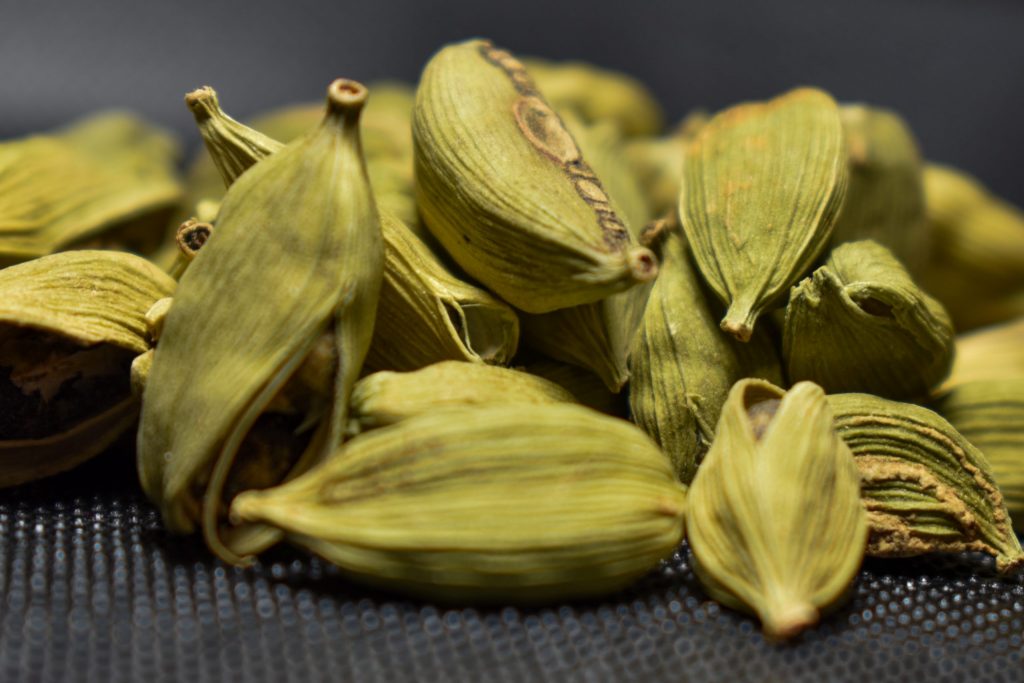
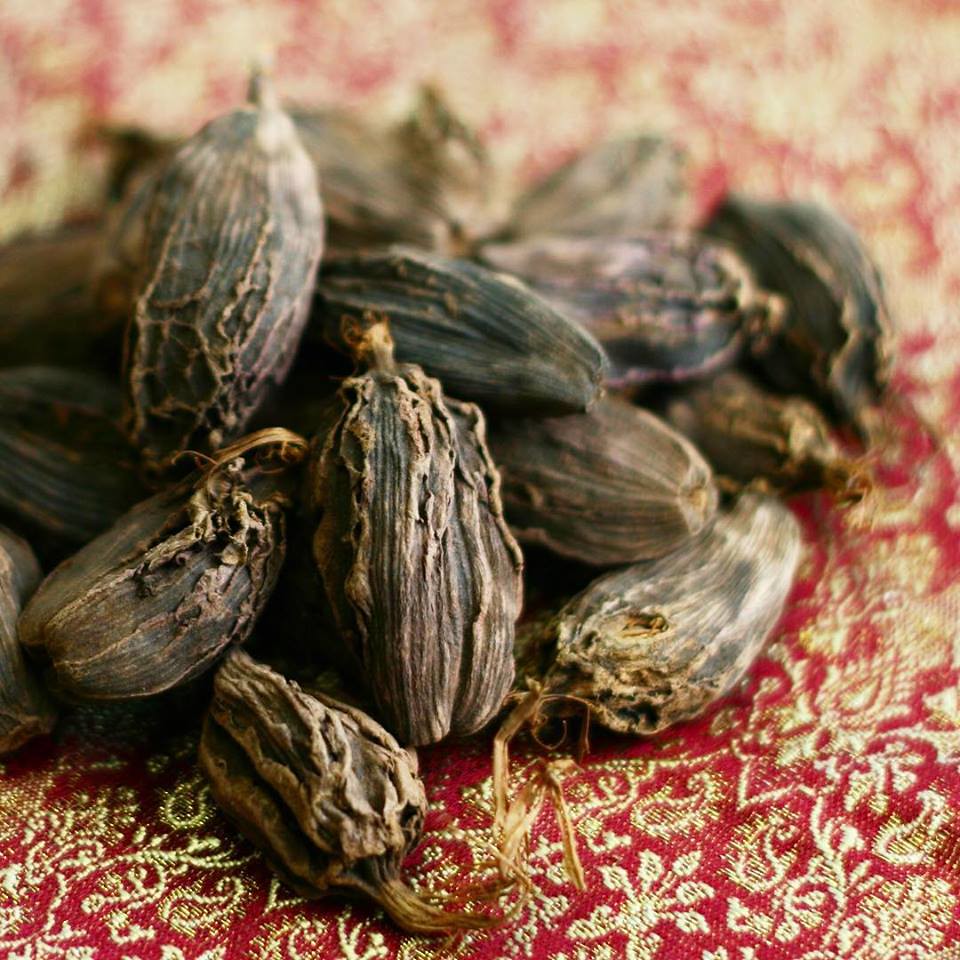
🍽 How to Incorporate Cardamom into Your Diet 🍽
Incorporating cardamom into your diet is relatively easy, given its versatile nature. Here are a few ways you can do so:
- Spice Up Your Meals: Cardamom can be used to add flavor to a variety of dishes. It works well in both sweet and savory dishes and is commonly used in Indian and Middle Eastern cuisine.
- Brew a Cup of Cardamom Tea: Cardamom tea is a delicious and healthy beverage that can help you reap the benefits of this spice. Simply steep a few cardamom pods in hot water for a flavorful tea.
- Use it in Baking: Cardamom can add a unique flavor to baked goods. Try adding it to recipes for cakes, cookies, and breads.
- Make a Cardamom Smoothie: Add a pinch of cardamom to your morning smoothie for a flavor boost and health kick.
🌟 Conclusion 🌟
Cardamom is a flavorful spice with numerous health benefits. From its antioxidant and diuretic properties to its antimicrobial abilities, the benefits of eating cardamom daily are vast and scientifically backed. So why not add a little cardamom to your diet and reap the health benefits this incredible spice has to offer? 🌿🌿🌿
Read 4 Benefits of Cinnamon for Weight Loss, click here
For 7 Benefits of Mustard Oil, click here
5 Benefits of Jaggery for Skin, click here
For videos related to Health and Wellness, Subscribe to our YouTube Channel:
Masala Monk – The Gourmet Store
Please do have a look at our wide variety of products prepared using Cardamom:
Ammiji’s Chai Masala
Almond and Dates Milk Mix
Imli Ka Amlana
Butterscotch and Cashew Thandai
Kesar Pista Thandai Powder
Rose Thandai or Shardai Powder
Zero Sugar Thandai Powder
Guava Atoms
Calcutta Paan~ Homemade Calcutta Style Dry Paan
Delhi Chocolate Paan – Homemade Chocolate Dry Paan
Nani Maa’s Meethi Saunth
Khajur Or Dates Pickle – Sweet & Sour
Anardana Atoms – Homemade Churan Goli

